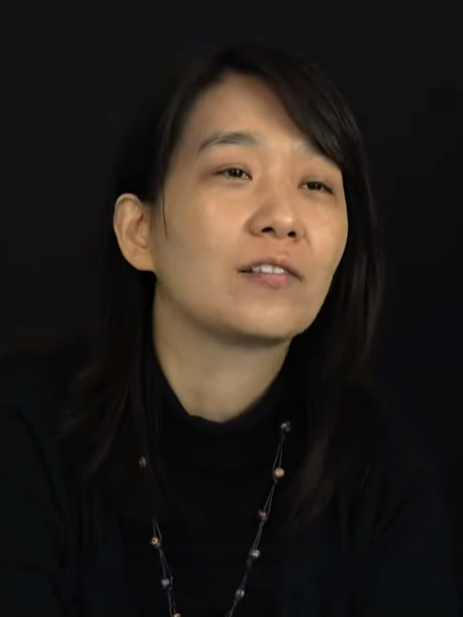
South Korean Nobel laureate Han Kang has declined to celebrate and refused to address a press conference after winning the 2024 Nobel Prize in Literature, citing the deaths, destitution, pain, and suffering of people affected by the wars in Ukraine and Gaza. As reported by the Korea Times, Han Kang’s father Han Seung a renowned Korean writer conveyed her daughter’s message that “with the war intensifying and people being carried out dead every day, how can we have a celebration or a press conference?” She said that “she won’t hold a press conference”. Her father has further added that he was planning for a party, but his daughter did not allow to celebrate her accomplishment. She said that “please don’t celebrate while witnessing these tragic events (referring to the two wars). The Swedish Academy didn’t give me this award for us to enjoy, but to stay more clear-headed”. Her refusal to celebrate personal accomplishments reflects the idealism and conviction of a writer who wishes to emphasise the collective suffering of humanity over individual achievements.
Han Kang received the Nobel Prize “for her intense poetic prose that confronts historical traumas and exposes the fragility of human life” in her writings. What are the social, economic, political, religious and cultural conditions breed trauma and make human life fragile? Imperialist wars, colonial resource conflicts, capitalist exploitation, feudal culture, and the spiritual imprisonment of individuals through religion and its violent fundamentalisms all contribute to trauma in human life, making it fragile. Additionally, cultural repression, political dominance of majoritarianism, all forms of exploitation and inequalities, the marginalisation of working people, exploitative and dictatorial regimes, and deprivation based on gender, race, caste, class, and sexuality, as well as natural disasters, further aggravate human alienation and fragility.
Individual experiences of trauma are not isolated or singular; rather, they are a collective experience shaped by life under capitalism. It promotes various interpersonal and systemic conditions that breed both human and environmental traumas, making the lives of both humans and animals fragile in the contemporary world under various forms of capitalism. Therefore, it is the responsibility of all working people including writers, intellectuals, teachers, journalists, lawyers, political activists, and leaders to generate mass consciousness for the struggle against capitalism and its systems, institutions, and processes in order to establish a peaceful and harmonious world free from war, exploitation, and inequality. Such a global consciousness underscores Han Kang’s refusal to celebrate her personal accomplishments like the Nobel Prize for literature.
A writer is defined not merely by the act of writing, but by the idealism of promoting social, political, economic, and cultural transformation for peaceful coexistence and solidarity. Han Kang is one such writer, whose idealism and compassion triumph over imperialist war machines. Her idealism offers hope to millions of idealists who face vilification campaigns aimed at undermining their principles. Reactionary elements with loud voices continue to spread rumours against idealists in society, seeking to erode all forms of idealism in order to thrive as social, political, cultural, and economic parasites. Narcissists and their followers reject all forms of idealism, surviving by exploiting others and tarnishing its value. These unproductive and lumpen elements in society construct false narratives to justify their actions, defame idealism, and perpetuate their own self-serving agendas of everyday survival by lies.
The capitalist system has transformed intellectual activities into mere sources of livelihood within an individualistic culture of self-pleasure where competitive consumerism has undermined the power of the pen, leading intellectuals to become mere typewriters for those in power. As a public intellectual, Han Kang embodies hope for a new generation of thinkers, writers and idealists who will continue to fight for the people by opposing all forms of exploitation and inequalities that undermine human idealism based on reason, science, and the secular values of human life. Han Kang’s refusal to celebrate her achievements as a literary and political act helps to revive the role of public intellectuals in standing with the people and rejecting all forms of power.
History is the witness to the triumphs of idealism against all odds in life. Han Kang’s Nobel Prize for literature is a collective celebration of idealism based on global consciousness against all forms of wars, conflicts, exploitations, inequalities and human sufferings.
